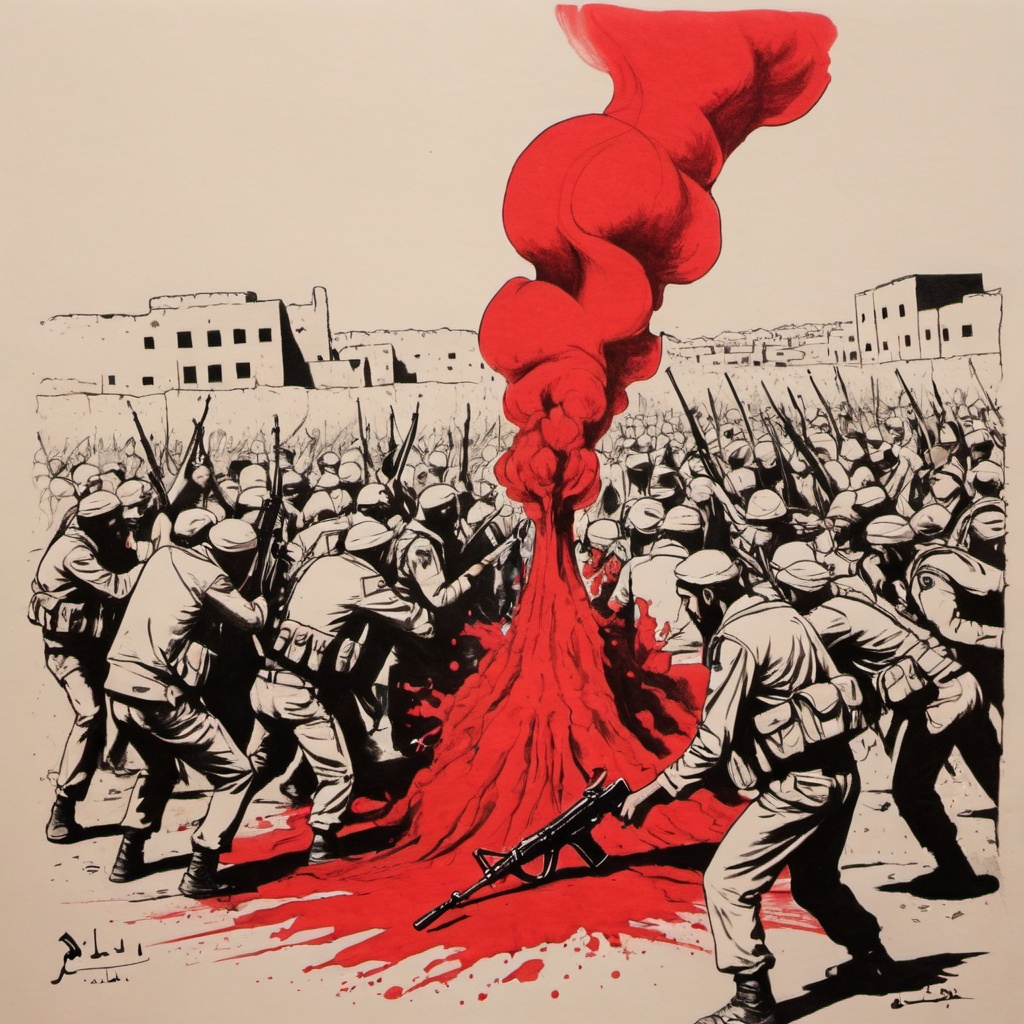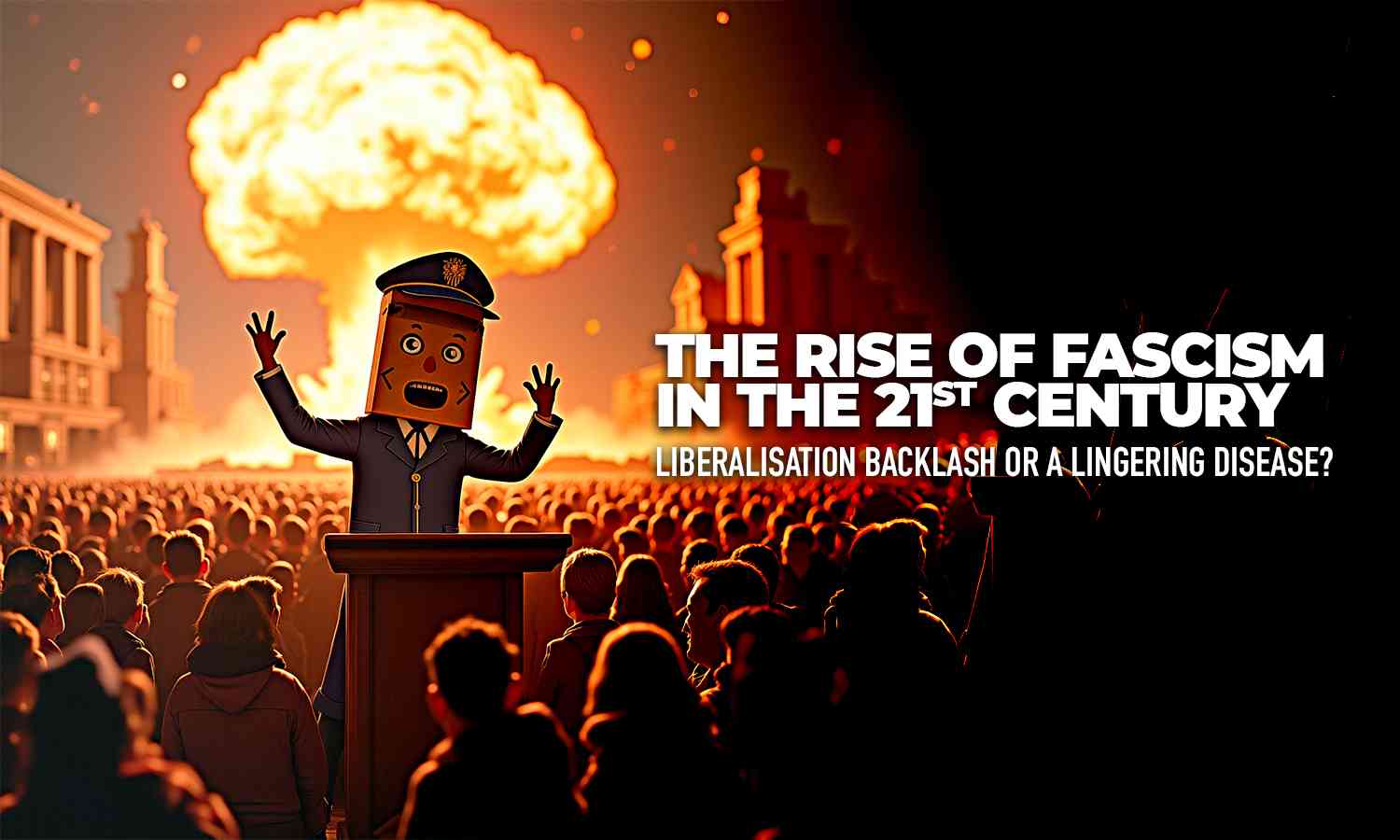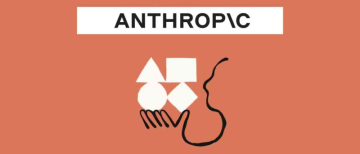The world has gone right. And by that, I mean right back to being conservative and anti progress. There has been a visible and steep turn across every single continent. The global rise of fascist tendencies and right-wing ideologies has become a pressing concern in contemporary politics. This trend can be explored through concrete examples that underline the seriousness and widespread nature of these developments. Examining these instances allows us to identify the socio-political, economic, and cultural factors driving these ideologies, offering insights into how they take root and evolve in various regions.

Fascist behaviours and right-wing ideologies often emerge in response to societal upheaval, economic disparities, or perceived threats to cultural identity. For instance, authoritarian leaders have gained traction in certain democracies by promoting nationalist rhetoric, restricting freedoms, and undermining democratic institutions. In countries such as Hungary and Poland, we see governments curtailing judicial independence, repressing dissent, and consolidating power under the guise of protecting national sovereignty and traditional values.
Economic factors also play a significant role. In times of economic uncertainty, populist right-wing movements often capitalise on public discontent, blaming minority groups, immigrants, or external influences for societal challenges. This tactic has fuelled the rise of xenophobic policies in countries like the United States, where restrictions on immigration and inflammatory rhetoric targeting marginalised communities have intensified under specific administrations.

Culturally, right-wing ideologies often exploit fears of losing traditional values or national identity in the face of globalisation. In India, for example, the rise of Hindu nationalism has led to policies and social movements that marginalise religious minorities, intensify communal tensions, and promote a homogenised vision of national culture.
By understanding the interplay of these forces—authoritarian politics, economic discontent, and cultural fears—we can better appreciate the complexity of these trends. Addressing the rise of fascist behaviour and right-wing ideologies requires recognising their underlying causes, countering misinformation, and strengthening democratic institutions to foster inclusive and resilient societies.

Why is this happening really?
Economic inequality has led to widespread disenchantment, exploited by leaders promising simplistic solutions. For instance, in the United States, in-coming President Donald Trump capitalised on blue-collar frustrations, particularly in regions affected by deindustrialization. His “America First” rhetoric resonated with those who felt abandoned by globalisation, leading to policies like trade wars and anti-immigration measures. Similarly, in Brazil, Jair Bolsonaro’s rise was fuelled by economic stagnation and public anger over corruption, leading to his authoritarian governance style.
Cultural Backlash and Nationalism
The cultural backlash against immigration and inclusivity has been stark in Europe. In Hungary, Prime Minister Viktor Orbán has implemented policies targeting immigrants and LGBTQ+ communities, framing his government as a defender of Christian European values. His rhetoric and actions have dismantled democratic norms, earning Hungary the designation of a “hybrid regime” by Freedom House. In India, cultural nationalism under Prime Minister Narendra Modi has sparked divisive policies like the Citizenship Amendment Act, criticised for discriminating against Muslims, while fostering an environment where minorities face increasing marginalisation.

Disinformation and Media Manipulation
The role of disinformation has been pivotal in advancing right-wing ideologies. In the United Kingdom, the Brexit campaign was marked by misleading claims, such as the infamous “£350 million to the NHS” bus slogan, which played on fears about immigration and EU control. In Myanmar, military-backed propaganda on Facebook incited violence against the Rohingya Muslim minority, culminating in what the United Nations has termed a “textbook example of ethnic cleansing.”
Political Polarisation and Democratic Erosion
Polarisation has eroded democratic institutions in countries like Turkey, where President Recep Tayyip Erdoğan has consolidated power by dismantling checks and balances. Under his leadership, media freedom has declined, opposition figures have been jailed, and Turkey’s democratic standing has deteriorated significantly. In the Philippines, Rodrigo Duterte’s presidency saw a brutal war on drugs accompanied by threats to press freedom, judicial independence, and human rights.
Security Fears and Authoritarianism
The rise of security fears has justified authoritarian policies worldwide. In China, the government has used the threat of terrorism to justify its oppression of Uyghur Muslims in Xinjiang, including mass detentions in so-called “reeducation camps.” Similarly, in the United States, post-9/11 security concerns led to measures like the Patriot Act, which expanded government surveillance powers at the cost of civil liberties. While framed as temporary, such policies often pave the way for broader authoritarian practices.
Romanticisation of Authoritarianism
The appeal of strongman leaders is evident in countries like Russia, where President Vladimir Putin’s autocratic style has been portrayed as a model of stability. His government has crushed dissent, manipulated elections, and engaged in aggressive foreign policies like the annexation of Crimea and the ongoing invasion of Ukraine. This has inspired other leaders to adopt similarly authoritarian tactics.
Technological Disruption and Extremism
Social media platforms have amplified far-right ideologies and hate speech. In the United States, platforms like Facebook and Twitter played central roles in organising the January 6, 2021, Capitol riot, highlighting how digital spaces can become breeding grounds for extremism. In Europe, far-right groups like Germany’s AfD and France’s National Rally have leveraged online platforms to mainstream xenophobic narratives.

Global Leadership Vacuum
The erosion of global leadership has emboldened authoritarian regimes. The retreat of the United States from multilateral agreements, such as the Paris Climate Accord under Trump, and its inconsistent foreign policy have weakened global alliances like NATO. Meanwhile, China has capitalised on this vacuum by promoting its authoritarian model through initiatives like the Belt and Road Initiative, extending its influence over developing nations while undermining democratic values.
These examples underline the severity of the global turn toward fascist and right-wing ideologies. Each case reflects how local grievances and global trends intersect, driving a shift that threatens democratic norms, human rights, and social cohesion. Addressing these issues will require a concerted effort to counter disinformation, bridge economic divides, and restore faith in democratic institutions worldwide.

The shift toward fascist behaviour and right-wing ideology is the result of a perfect storm of economic uncertainty, cultural anxiety, technological disruption, and political polarisation. Countering this trend requires proactive measures to strengthen democratic institutions, reduce economic inequality, promote media literacy, and foster inclusive cultural narratives. Recognising the underlying causes is the first step in reversing this dangerous trajectory.
The views expressed in this article are personal. They do not reflect the opinions, beliefs, or positions of Vygr and Vygr Media Private Limited.
© Copyright 2024. All Rights Reserved Powered by Vygr Media.

























